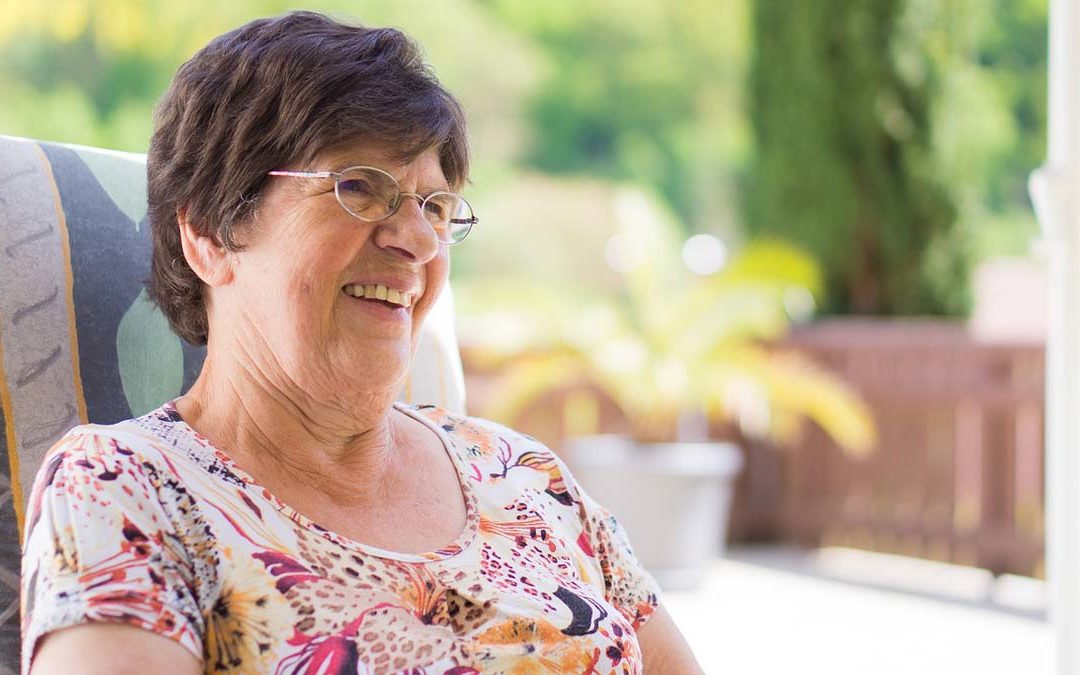Dentists across Australia are reporting good news from their visits with elderly patients. Though dental exams with older people are often fraught with unpleasant diagnoses, dental health professionals say they’ve seen an overall improvement in the state of senior citizens’ teeth and gums in recent years. This is especially evidenced by the fact that much higher percentages of elderly Australians are foregoing dentures and keeping their natural teeth throughout old age.
Senior citizens are visiting the dentist more
Why the big change in the state of oral health care for seniors? At least part of the answer is very simple: they’re going to the dentist more. Dental care for senior citizens is becoming more commonplace as aging adults make more of an effort to seek out checkups and oral health care than previous generations in the same age range.
Just since the data reported in 2011-2012, there has been a whopping 49% increase in dentist visits by senior citizens in Victoria. And at these visits, dentists report that they’re seeing many more natural teeth in better shape than was previously the norm; the number of patients with permanent dentures has significantly declined.
Recently government initiatives, such as Dental Health Services Victoria’s Oral Health Aged Care Package, have helped enable senior citizens to seek dental care while also spreading awareness about the importance of good oral hygiene and preventive care in old age.
Outreach works
When it comes to improving oral health among senior citizens, evidence points to increased outreach efforts as the best course of action. A recently completed study conducted by the University of Eastern Finland examined the effects of receiving a personalized, in-depth dental consultation on long-term oral health for senior citizens.
A group of 151 seniors with a mean age of 84 were given a dental “intervention” including detailed recommendations on how to practice good dental hygiene going forward. Six months after the intervention, compared with the control group, the experimental group was found to have significantly less plaque and healthier mouths overall.
The study also confirmed a connection between poor cognitive function and oral health. Seniors experiencing dementia were much less likely to practice good dental hygiene habits. Researchers found that by giving them special attention, tips and advice, it was possible to help them make lasting improvements.
Seniors Have Greater Dental Care Needs
The problem with dental for seniors’ health is twofold. Elderly people are more likely to be affected by physical disabilities or cognitive decline that makes it more difficult for them to care for their teeth or maintain a good oral care routine. Unfortunately, they are also much more likely to suffer from tooth decay and gum disease.
This is mainly due to seniors commonly experiencing dry mouth conditions. Many different medications — over 500 of them — carry the side effect of lessened saliva flow, and the large majority of senior citizens are on some type of regular medication. Saliva plays a crucial role in preventing bacteria buildup and protecting against tooth decay, so dry mouth leads to dramatically heightened risk of oral health problems. In the US, nearly 24% of 65-74 year olds suffer from severe gum disease.
Despite the challenges, these recent improvements demonstrate that outreach efforts and making low cost dental for seniors care available can go a long way in reducing older people’s dependency on dentures and keeping their natural teeth healthy throughout life.

